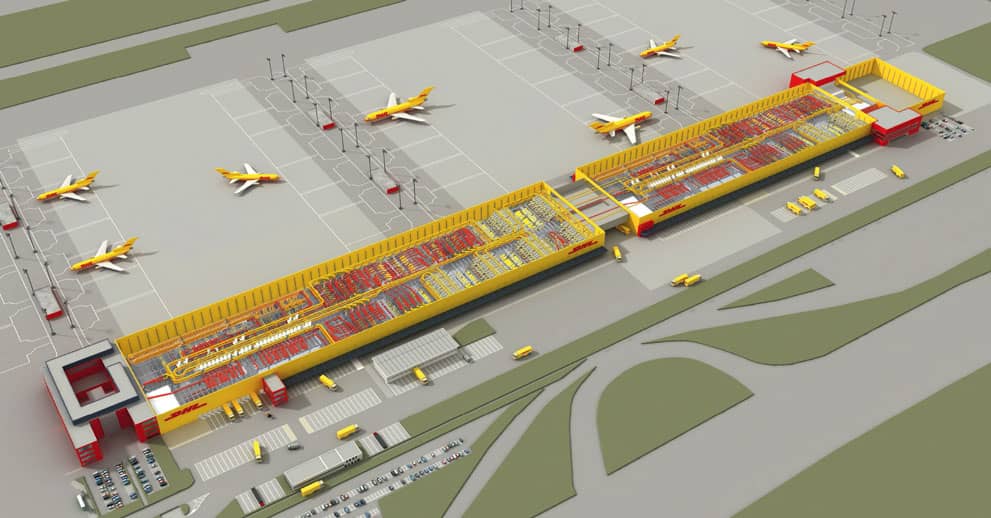Kenya’s dynamic e-commerce landscape is ripe with opportunities for small and medium-sized enterprises (SMEs) eager to innovate and outperform their competition. One emerging trend with significant potential for Kenyan SMEs is the dark-store model. This article delves into the dark-store model, its benefits, and how Kenyan businesses can successfully integrate this innovative concept.
What is the Dark-Store Model?
As Kenya's e-commerce sector continues its rapid expansion, SMEs are presented with exciting avenues for growth and innovation. A notable trend in this sphere is the rise of dark stores—specialised retail hubs dedicated exclusively to online orders. These stores streamline operations, manage inventory with precision, and ensure faster delivery times. By 2033, the dark-store model is projected to generate $414.31 billion in revenue, underscoring its global significance.
Local entrepreneurs are ingeniously merging the convenience of online shopping with the accessibility of neighbourhood stores, known as dukas. These dukas function as both order points and fulfilment centres, making online shopping more accessible and affordable for Kenyans. This approach is particularly vital in Nairobi, Nakuru, and other regions where larger supermarkets are limited and often pricey. By leveraging local dukas, the dark-store model ensures that even peri-urban and rural communities can enjoy the benefits of digital commerce.
Benefits for Kenyan SMEs
Cost Efficiency: Operating a dark store can be more economical than managing a traditional retail outlet. Dark stores can be located in less expensive areas since there is no need to attract foot traffic, thereby significantly reducing rental costs.
Improved Inventory Management: Centralised inventory in dark stores allows better control over stock levels, reducing risks of overstocking or stockouts. This leads to lower inventory costs and improved cash flow for businesses.
Faster Fulfilment: With dedicated spaces for processing orders, businesses can significantly reduce the time it takes to pick, pack, and ship orders. This enhances customer satisfaction by offering quicker delivery times—a critical factor for Kenyan online shoppers who prioritise delivery speed.
Feasibility for Kenyan SMEs
Successfully adopting the dark-store model in Kenya requires meticulous planning. Here are key considerations:
Location: While dark stores can be situated in less central areas, choosing locations with good transport links is crucial to ensure efficient delivery. Proximity to major urban centres can minimise delivery times and costs.
Inventory Management: Investing in an effective inventory management system is essential. SMEs should explore technology solutions that provide real-time updates and streamline order processing.
Technology: Robust e-commerce platforms and warehouse management systems are critical. These technologies help track orders, manage inventory, and coordinate deliveries efficiently. According to a recent McKinsey study, businesses that implement automation solutions see a 20-30% increase in productivity.

Power Your Dark Store with DHL
Efficient logistics are the backbone of successful dark stores. DHL empowers your business with:
Warehousing and Order Fulfilment: State-of-the-art facilities equipped with cutting-edge technology ensure products are readily available and dispatched swiftly.
Fast, Reliable Delivery: DHL's extensive network tackles last-mile challenges, reducing delivery times and boosting customer satisfaction.
Streamlined Supply Chain: From procurement to delivery, DHL's comprehensive solutions optimise operations and save on logistics costs.
Scalable Solutions: Grow fearlessly—DHL's solutions adapt to your needs, ensuring smooth operations at any size.
Seamless Technology Integration: Integrate DHL's advanced technology with your existing systems for effortless inventory and order management.
Expert Guidance: Our logistics experts offer valuable insights to optimise your supply chain and enhance delivery performance.
To enjoy scalable solutions, seamless technology integration, and expert support from DHL, simply open a business account and experience the best service that ensures your dark store thrives as your business grows.
In conclusion, the dark-store model presents a promising opportunity for Kenyan SMEs to capitalise on the burgeoning e-commerce market. By focusing on strategic location, efficient inventory management, and leveraging advanced technology, businesses can streamline their operations and significantly enhance customer satisfaction.





































